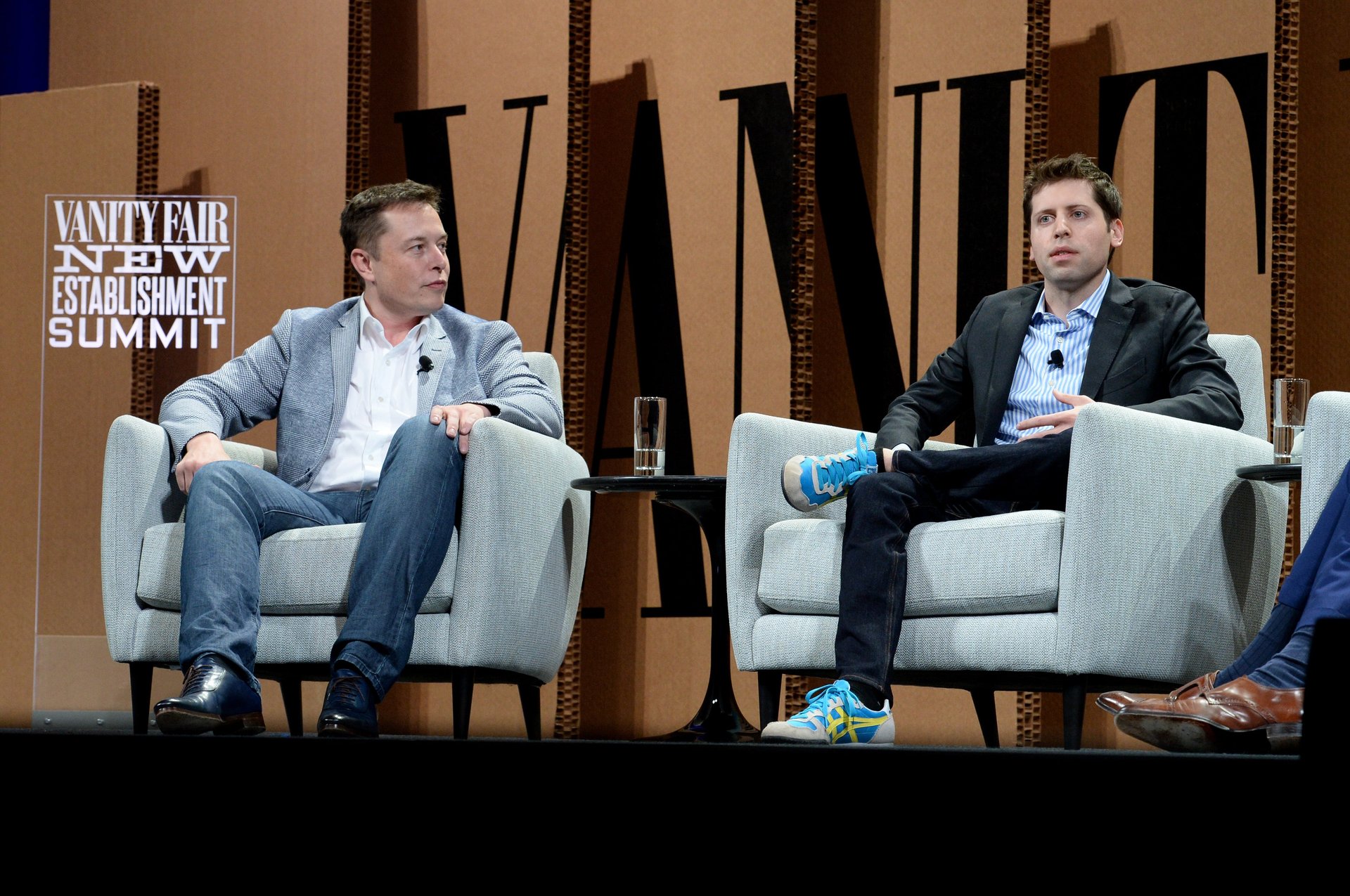Elon Musk takes OpenAI and Sam Altman to court over 'Shakespearean' levels of deception
It's "a textbook tale of altruism versus greed,” the Tesla founder's new lawsuit alleges

Elon Musk is taking OpenAI and Sam Altman to court, accusing both the man and the startup of breaching contracts and violating a federal law against racketeering.
Suggested Reading
The Tesla CEO filed the lawsuit Monday, his second against the artificial intelligence startup he helped create. An earlier suit accused the company of unfair business practices, breaching its fiduciary duty, and asked that it be ordered to make its research public. In June, he dropped the lawsuit after taking potshots at OpenAI collaborator Apple.
Related Content
Now, Musk is back again — and he’s not pulling any punches.
“Elon Musk’s case against Sam Altman and OpenAI is a textbook tale of altruism versus greed,” is how the complaint filed in the Northern District of California begins, before accusing Altman and OpenAI president Greg Brockman of “manipulating” Musk into helping launch OpenAI.
But Altman’s and Brockman’s promises of a neutral and decentralized alternative to Google’s DeepMind was “all hot-air philanthropy — the hook for Altman’s long con.” Musk was met with “perfidy and deceit of Shakespearean proportions,” the complaint alleges.
A main part of the lawsuit’s allegations revolve around OpenAI’s status as a non-profit entity. As the company has grown, and developed relationships with firms like Microsoft, so have its profits. In June, The Information reported that Altman was considering changing to a for-profit model.
Musk cofounded OpenAI with Altman in 2015, but left in 2018 over a conflict of interest with the company’s development. According to his complaint, Musk contributed more than $44 million into the company over its first five years, or until September 14, 2020.
In March, OpenAI said in a blog post that Musk had suggested merging it with Tesla, adding that he wanted majority equity, board control, and the CEO job. The combined entity could serve “as its cash cow” to compete with Google.
The new lawsuit states that Altman and Brockman had pitched an idea to recast OpenAI as a for-profit entity. In response, Musk said the firm needed to remain a nonprofit or they could “do something on your own,” adding that he would be “a fool essentially providing free funding to a startup,” according to an email cited in Monday’s complaint.
The complaint alleges that OpenAI’s CEO and president participated in a scheme to defraud Musk and enrich themselves, with OpenAi’s for-profit entities knowingly approving of and encouraging their behavior. It also accuses them of violating the Racketeer Influenced and Corrupt Organizations Act, which was originally introduced to take on organized crime and wire fraud.
Musk is seeking a jury trial to grant a slew of damages, a constructing trust on assets and property traceable to his contributions to OpenAI, and a judicial determination that OpenAI’s license to Microsoft is “null and void” or that OpenAi’s large language models — like ChatGPT — constitute Artificial General Intelligence (AGI) and aren’t included in their agreement.
Musk’s revived legal action against OpenAI is just one of several taken against it in recent months. The firm has been sued by several independent authors, writers like Sarah Silverman, several media outlets —including The New York Times and several papers owned by Alden Global Capital — and the Authors Guild. It’s also facing a federal antitrust probe in the U.S.
— Britney Nguyen contributed to this story
